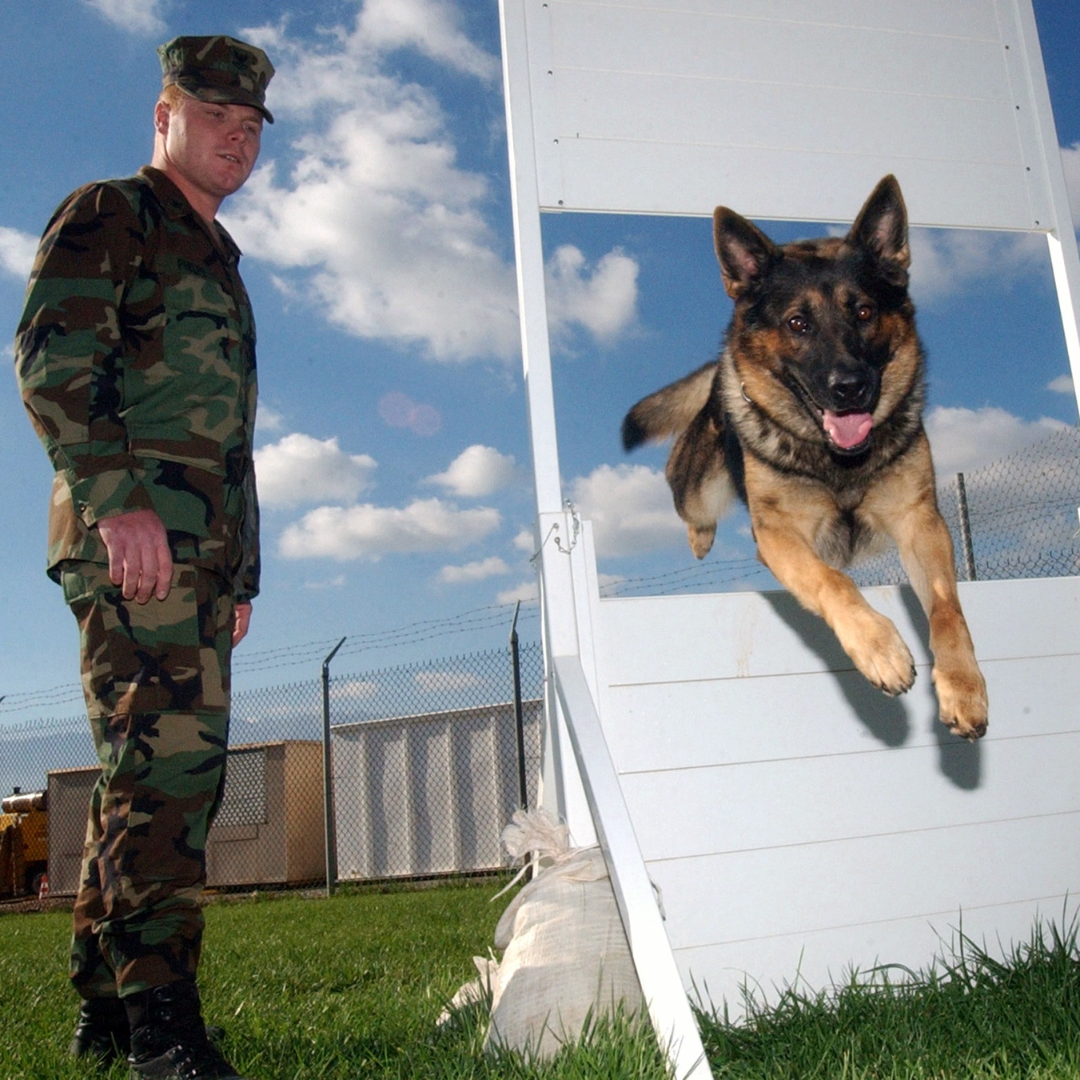Why Dog Training Near Me is Vital for Your Canine Buddy
Why Dog Training Near Me is Vital for Your Canine Buddy
Blog Article
The Ultimate Guide to Pet Dog Training: Building a Happy, Obedient Pet
Reliable canine training is a diverse process that hinges on a deep understanding of canine actions and the application of proven techniques. By accepting favorable reinforcement and consistent command use, family pet owners can cultivate not only obedience but also a solid, relying on partnership with their pet dogs.

Comprehending Canine Actions
How does a dog's habits show its psychological and psychological state? A dog's activities can offer as a window into its sensations, requirements, and total psychological health.
Body movement likewise plays a crucial duty in recognizing canine behavior. A relaxed posture and open mouth signal comfort, whereas strained muscles and pinned ears may recommend anxiousness or hostility. Observing these signals is crucial for recognizing the source of a pet dog's habits, whether it originates from fear, enjoyment, or frustration.
Furthermore, a pet dog's communication with its setting and other animals can provide insight into its emotion. A pet dog that engages playfully with other pets is most likely sensation social and secure, while one that exhibits avoidance or aggression may be experiencing tension or insecurity. Understanding these behavioral hints is vital for promoting a strong connection in between the pet and the owner, ultimately contributing to the pet dog's psychological health and wellness and well-being.
Important Educating Strategies
Efficient pet dog training methods are crucial for cultivating preferable behaviors and strengthening the bond between a pet dog and its proprietor. Making use of positive support is just one of the most efficient approaches, where rewards such as treats, appreciation, or playtime are provided to enhance wanted actions (dog training charlotte). This motivates the dog to duplicate those habits, developing a favorable discovering environment
Uniformity is another crucial aspect in pet dog training. Commands ought to be consistent and clear, and all family participants have to use the very same rules to stay clear of confusing the pet. Timing is similarly essential; benefits ought to be offered immediately after the desired actions to develop a clear connection between the benefit and the activity.
Furthermore, short and engaging training sessions work, as dogs have differing focus periods. Goal for sessions of 5 to 15 minutes, depending on the pet dog's age and power level. Incorporating play right into training can also improve inspiration and pleasure for both the proprietor and the canine.
Lastly, patience is critical. Pet dogs learn at their very own pace, and maintaining a tranquil attitude will help relieve irritation, guaranteeing a positive training experience. These vital strategies prepared for successful dog training and a harmonious partnership.
Fundamental Commands to Educate

When instructing these commands,Consistency and favorable reinforcement are essential. Usage treats, praise, and play to compensate your pet's successes. Short, constant training sessions are a lot more efficient than long, irregular ones. By instilling these fundamental commands, proprietors equip their canines with the skills required for a well-behaved and harmonious relationship.
Addressing Common Behavioral Problems
Comprehending and dealing with common behavior concerns in pet dogs is essential for cultivating a harmonious relationship in between animals and their proprietors. Several dogs show behaviors such as too much barking, eating, or aggressiveness, which can stem from stress and anxiety, dullness, or lack of appropriate training. Identifying the source of these behaviors is the very first step toward efficient intervention.
For instance, excessive barking might indicate a requirement for attention or a reaction to environmental stimulations. In such cases, proprietors should evaluate the pet's environment and give appropriate psychological excitement, such as interactive toys or normal workout. Chewing can usually be handled by rerouting the habits to suitable chew items and making sure that the dog has adequate physical task to lower boredom.
Hostile behavior needs cautious handling and might demand expert training help. It's vital to recognize that punishment can exacerbate anxiety and aggressiveness, causing a cycle of behavioral concerns. Instead, concentrate on favorable support methods to reward desirable habits and enhance a complacency.
Building a Positive Training Setting
Developing a positive training atmosphere is essential for enhancing desirable habits in pets and mitigating behavioral problems. This atmosphere needs to be over at this website characterized by consistency, motivation, and a clear understanding of the training goals. By developing a regular, canines discover what is anticipated of them, which aids reduce anxiety and confusion.
Using favorable support strategies, such as deals with, appreciation, and play, cultivates a sense of security and inspiration in the pet. Rewarding etiquette right away and continually strengthens the wanted activities, making the training procedure extra efficient - Dog training. Additionally, fitness instructors must continue to be person and calmness, next page as canines are sensitive to their trainers' emotions
The training space need to be without diversions to guarantee the canine can concentrate on the tasks at hand. Think about using a quiet area or a safe and secure outside location. Moreover, including play and socialization right into training sessions advertises an all-round strategy, boosting the pet dog's knowing experience.
Eventually, a positive training setting nurtures a solid bond between the dog and handler, leading to a loyal, pleased pet dog. By prioritizing this atmosphere, pet owners can efficiently address behavior challenges and grow a successful training trip.
Verdict
Reliable canine training depends on a comprehensive understanding of canine actions and the application of favorable support techniques. Adopting these principles guarantees a satisfying training experience for both pets and their proprietors.
Effective dog training is a diverse procedure that hinges on a deep understanding of canine behavior and the application of tested methods. A pet dog that involves playfully with other canines is likely feeling social and safe, while one that exhibits evasion or hostility might be experiencing stress or insecurity.Efficient pet dog training strategies are crucial for fostering desirable habits and enhancing the bond between laika pet training a canine and its proprietor.Producing a positive training atmosphere is fundamental for enhancing preferable actions in pets and reducing behavior issues.Effective canine training counts on a comprehensive understanding of canine actions and the application of favorable reinforcement methods.
Report this page